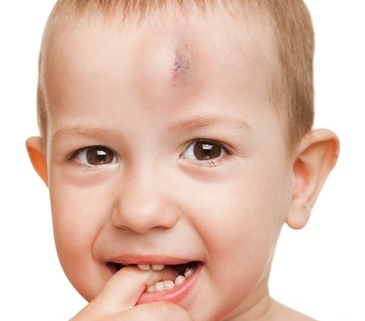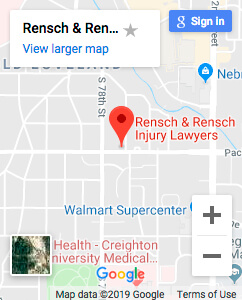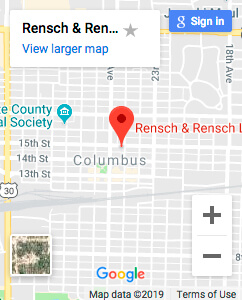Centers for Disease Control Releases Guidelines for Children and Concussions
OMAHA, Nebraska. A car accident or slip and fall injury can be devastating enough when adults alone are involved. But, when children are involved in these accidents, they can be particularly devastating. Childhood concussions are particularly risky because children’s brains are still growing and maturing. A serious concussion can put children at greater risk of long-term disability. The New York Times reports that the Centers for Disease Control recently released new guidelines for children suffering from concussion injuries. The new guidelines particularly speak to the treatment of mild traumatic brain injury in children.
The prior guidelines called for isolation in a dark and quiet room during injury recovery. Yet, new guidelines suggest that children be allowed to return to normal, and non-risky activities earlier. In fact, the new guidelines suggest that children with mild traumatic brain injury take no more than two or three days to rest before returning to low-impact activities. In fact, the former isolation period recommended can impact a child in other ways. Children could develop depression by being isolated from family and friends for extended periods of time and they could also develop anxiety if they are not permitted to return to their school work.
When it comes to mild traumatic brain injury, the new guidelines call for X-rays and CT scans only in cases where the concussion or brain injury is more severe. The risks of radiation exposure could be greater than the benefits a CT scan can provide when it comes to a mild traumatic brain injury in children.
Children should also be closely monitored. Because they might spend more time in school than at home, teachers and other support workers should be informed about the injury and monitor the child for behavioral changes, memory problems, or other changes in a child’s ability to focus or concentrate. The discussions that parents have with children can also be helpful to the child’s recovery. Children should be encouraged to report headaches, dizziness, nausea, or trouble concentrating that they might experience.
According to the Mayo Clinic, children who are returning to physical activity and school activities in the early days following a concussion or mild traumatic brain injury may require additional accommodations. For example, they might be given a lighter workload or be permitted to take more breaks. However, there are risks of returning to activity too soon. A second concussion that happens too soon after a first concussion can also result in more serious brain damage or an even longer recovery period.
Traumatic brain injury in children is a serious condition that can lead to developmental delays, problems in school, and long-term disability. If your child was hurt in a car accident or fall due to the negligence of another person or party, you may be entitled to seek damages for your child’s medical and rehabilitation care. Rensch & Rensch Law are personal injury lawyers in Omaha, Nebraska who may be able to assist you. Visit us at https://www.renschandrensch.com/ to learn more about your rights and options.
Rensch & Rensch Law
7602 Pacific Street,
Suite 102
Omaha, NE 68114





